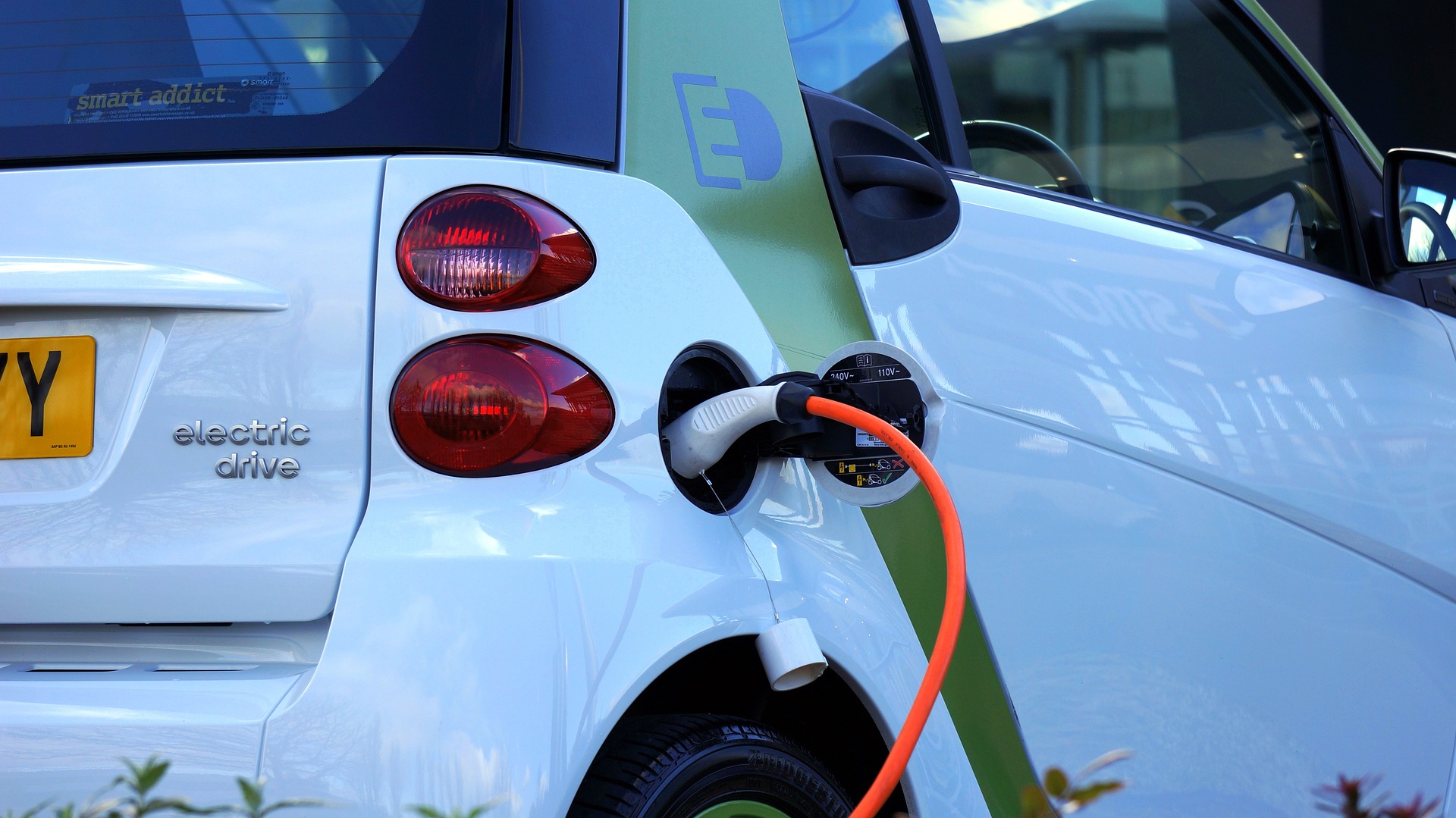- The global EV market is set to expand more than eightfold by 2028
- EVs are not only an eco-friendly option, they are also relatively safe as they must pass safety tests
- EV batteries can be recycled, and Samsung C&T supplies some of their recovered resources
The recent return of the Chicago Auto Show in its first full edition since the pandemic provided further evidence of the rise of electric vehicles (EVs). In fact, recent auto shows and large tech events such as CES 2023 were filled with advances that point to the electrification of vehicles. Having reached 18.1 million units in 2022, the global EV market is set to see 148.4 million units by 2028.
Despite this apparent success story for EVs, numerous myths still surround them. The good news is that we’re here to set the record straight, at least where some of those myths are concerned, including the claim that EV batteries can’t be recycled – spoiler, that’s not true.
Tackling those misconceptions
EVs have been around long enough now that we can dismiss various myths that have developed around them. Whether they be misconceptions based on environmental concerns or other EV battery worries, let’s take a closer look.
Where does Samsung C&T fit in?
One aspect of EVs that is true is the relatively high cost of their batteries, which account for 60 percent of the vehicle’s overall cost. Even if EV battery technologies are constantly developing, there have also been global concerns about the continuous need to mine resources in order to produce new EV batteries.
But that’s where we should highlight the importance of battery recycling, which Samsung C&T Trading & Investment Group is involved in. The company focuses on supplying resources like nickel and cobalt recovered from used batteries to secondary battery manufacturers as well as to other businesses.
Such efforts look set to bear plenty of fruit going forward – research shows that recycled batteries could provide over half the cobalt, lithium, and nickel needed for new EV batteries within two decades. By then, there will likely be so many EVs on the road that any questions surrounding them won’t deal so much with myths as how big related markets can become, including battery recycling.









